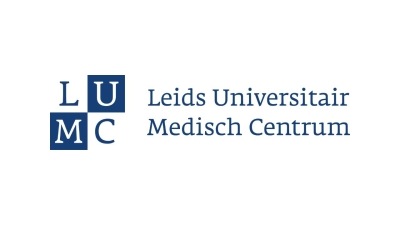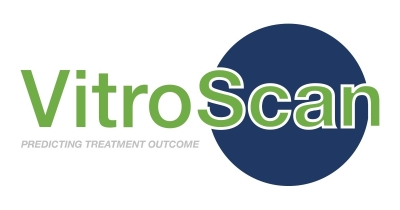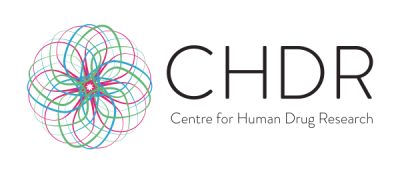Investigating the drivers in the individual aggressive tumour biology of pancreatic cancer patients
Pancreatic cancer is anticipated to emerge as the primary cause of cancer-related deaths in Europe within the next decades, with already a current global population of 500,000 pancreatic cancer patients. The aggressive tumour behaviour and the reasons for the difference in treatment effect per individual are still largely unknown. The goal of our consortium is to acquire fundamental knowledge to improve treatment by shifting from a disease-centric to a patient-centric approach. Two main objectives include in-depth research into biological (genetic) mechanisms driving aggressive tumour behaviour and their impact on treatments, as well as the development and testing of a platform with VitroScan. This platform enables the development, selection, and application of patient-centric treatments based on these biological mechanisms.
The relevance of this research is crucial, given the current survival rate for pancreatic cancer patients of roughly 10% after 5 years. Tailoring treatments to individual tumour characteristics can potentially improve its effectiveness, which could lead to a significant improvement in the prognosis pancreatic cancer patients.
The research will focus on identifying biological characteristics predicting aggressive behaviour and the impact on treatment effectiveness, as well as predicting the effect of treatments at the patient level. Over 100 patients will be analysed for genes and characteristics related to prognosis, aggressive behaviour, and overall survival.
In conjunction with VitroScan a test platform will be developed to determine patient-specific sensitivity to various chemo- and immunotherapies. After surgeries, tumour tissue from thirty patient specimens will be harvested in the lab and exposed to various therapies, measuring individuals sensitivity and efficacy to this range of treatments. Expected outcomes include new insights into biological processes and genes predicting prognosis and therapeutic effectiveness, as well as the development and validation of a test platform to select the most suitable therapy for each patient, potentially significantly improving the outlook for pancreatic cancer patients.



